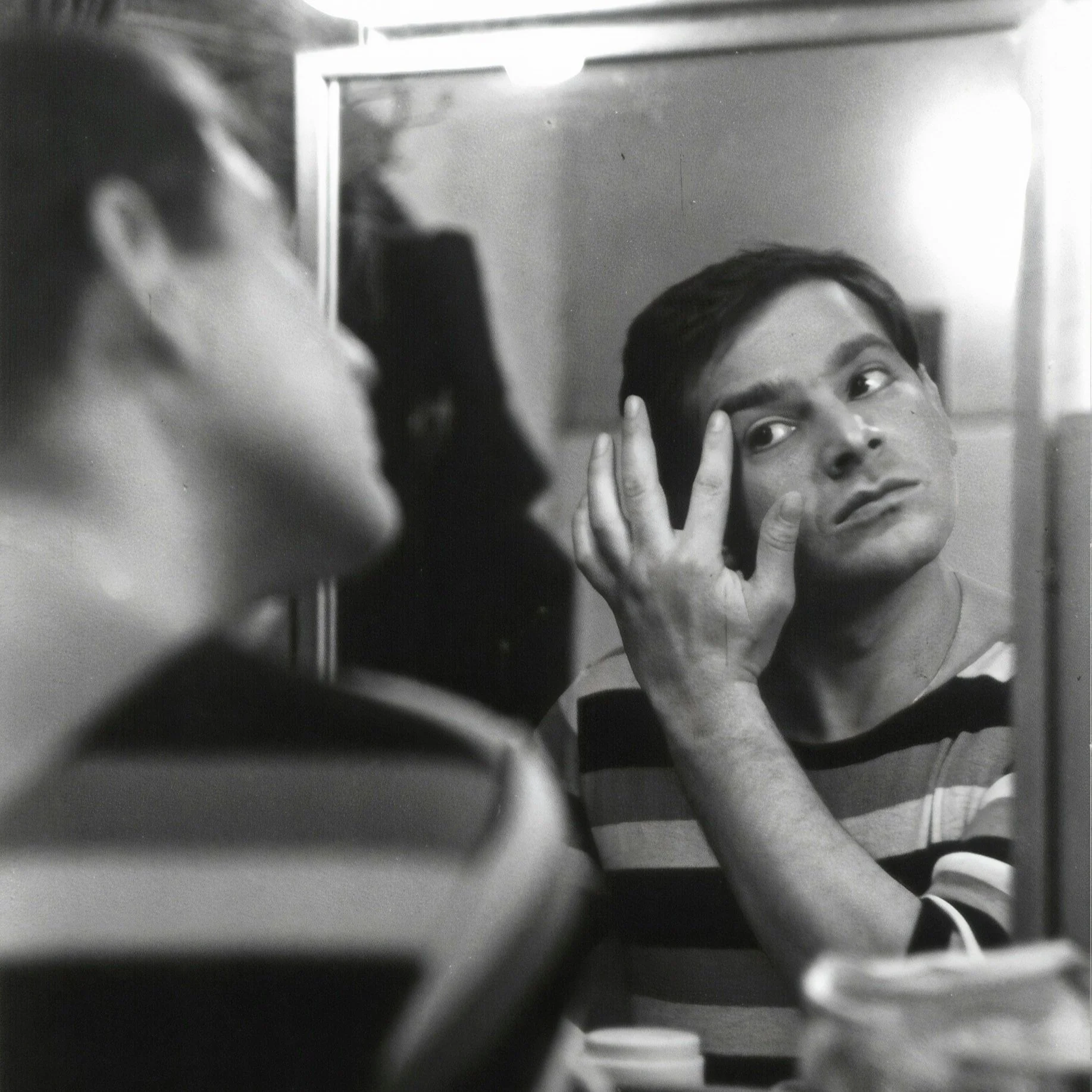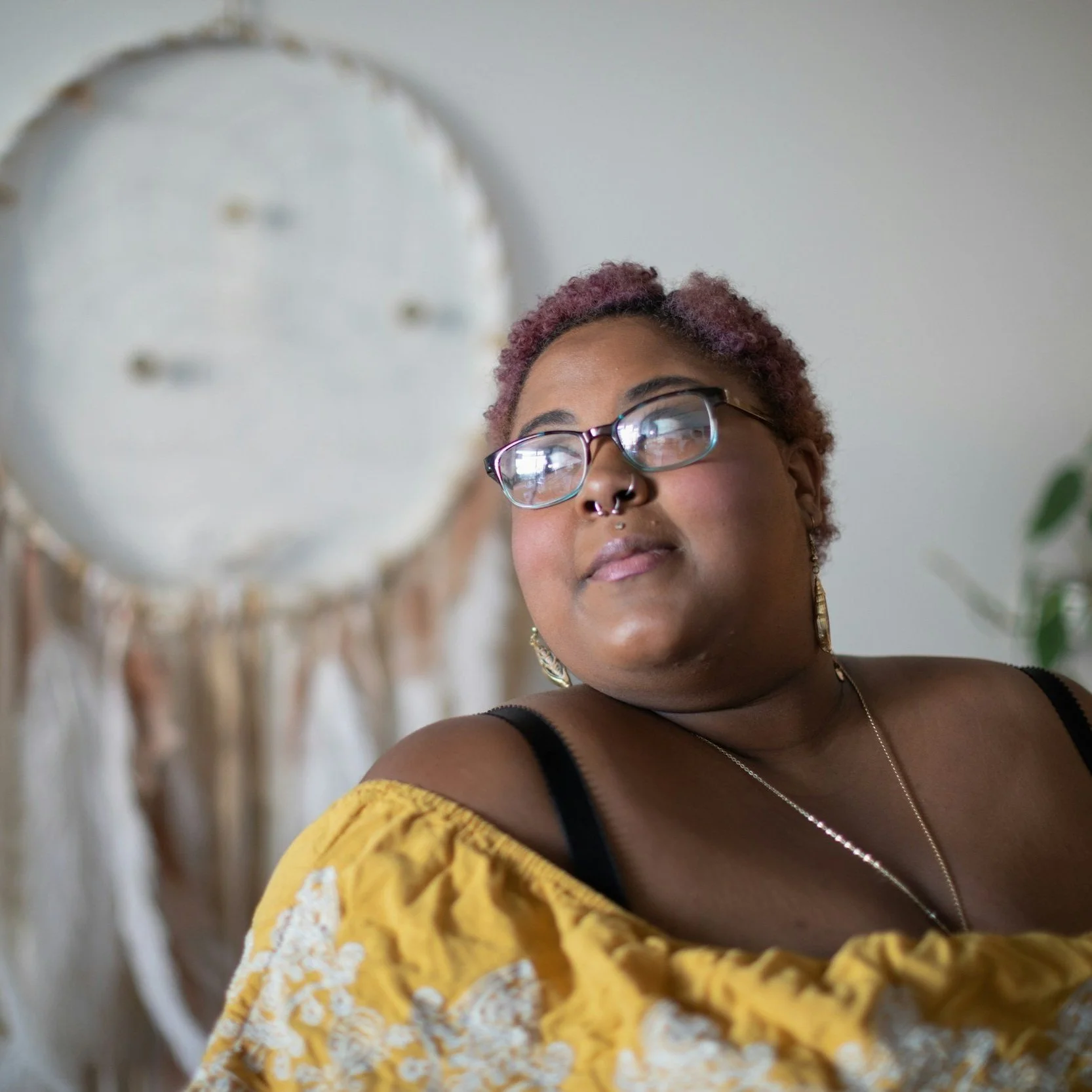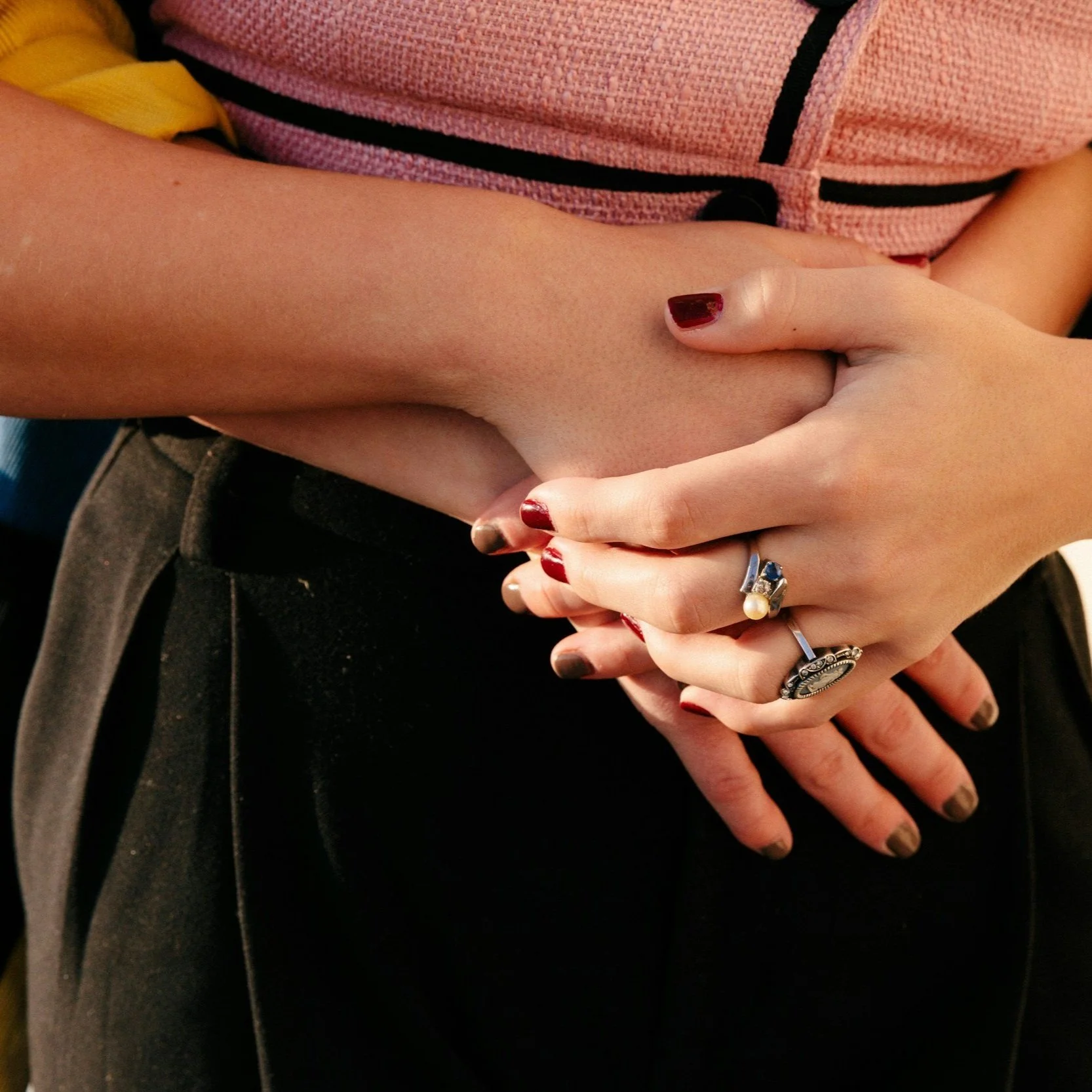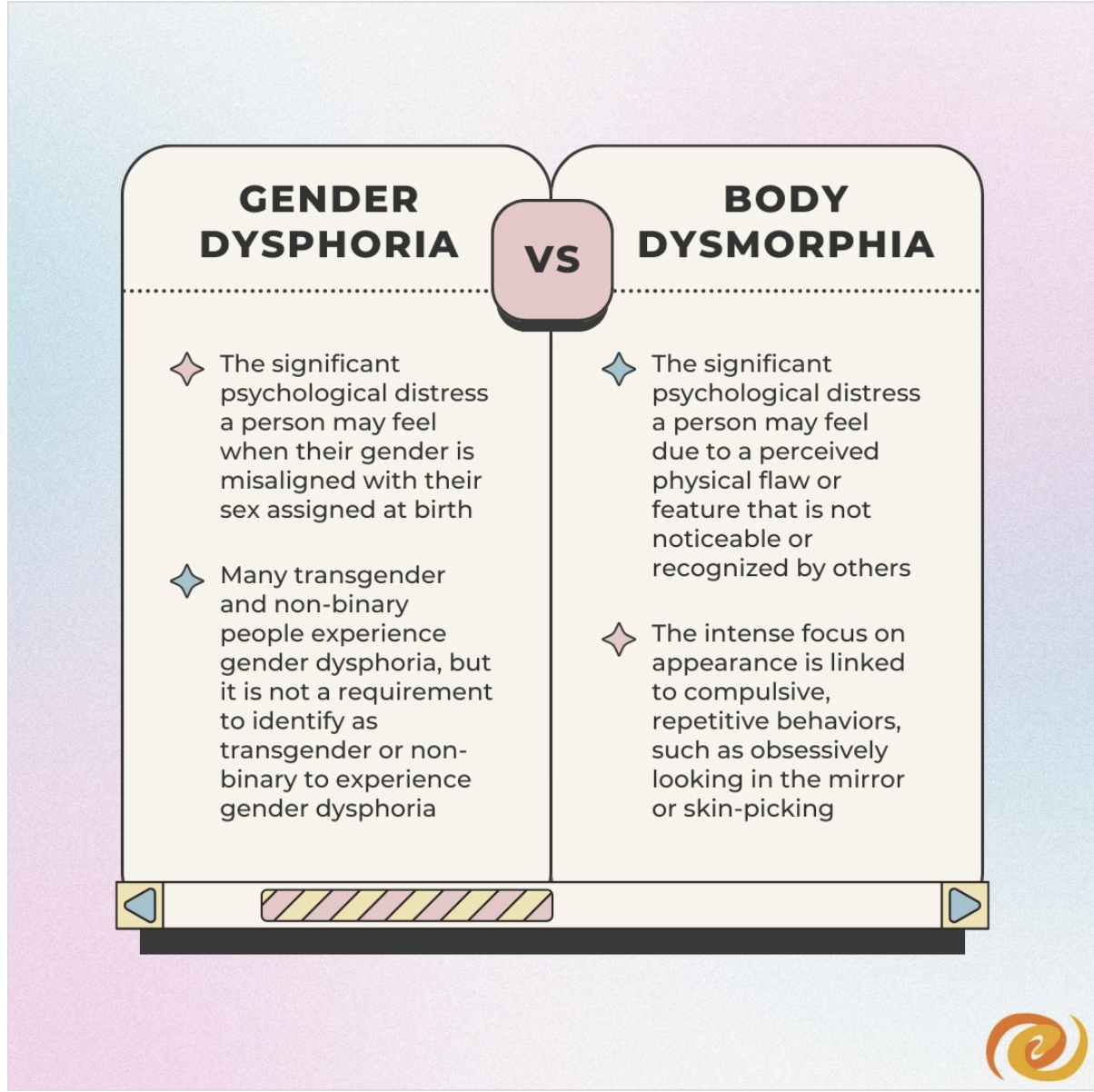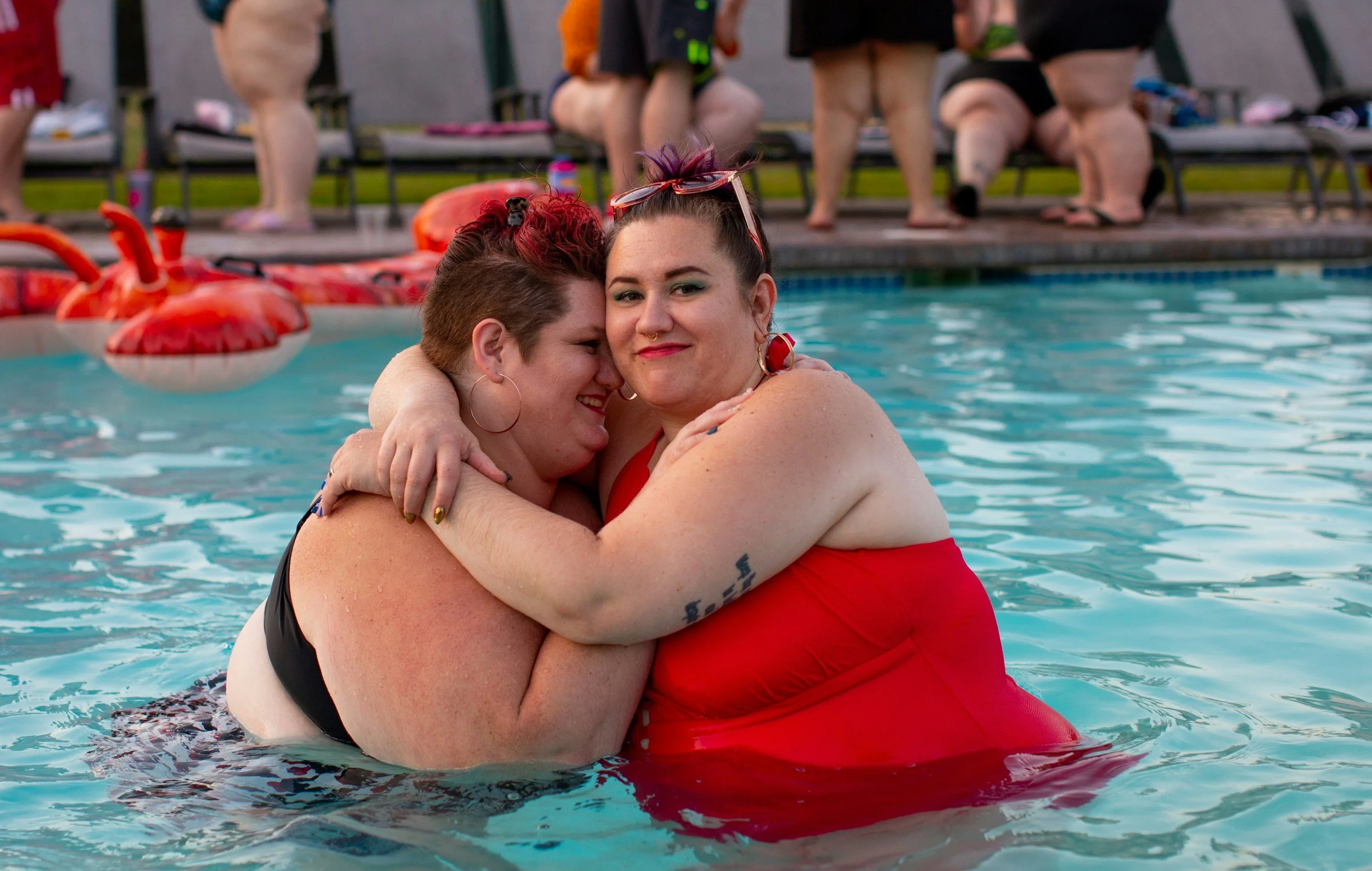Body Image Therapy and Body Dysmorphia Treatment in Los Angeles
If your relationship with your body is affecting your daily life, we see you. If you find yourself constantly thinking about your body, unable to stop the cycle of self-criticism, we’re here to help. Whether you’re struggling with body dysmorphia, binge eating, body image issues, or disordered eating, our team in Los Angeles can help you find a healthy balance.
Why We Specialize in Therapy for Body Image and Body Dysmorphia
At Sagebrush Psychotherapy, our therapists recognize that struggles with body image and body dysmorphia can deeply impact your sense of self and your ability to live authentically. These challenges often go beyond individual experiences and are rooted in societal pressures, unrealistic beauty standards, and systems designed to make you feel inadequate. We’re here to disrupt that narrative. Therapy for accepting your body is an act of rebellion—a defiant step toward reclaiming your worth from the industries and systems that profit from self-criticism.
Our approach provides a safe space to explore and dismantle the shame and criticism that may hold you back. We honor the unique experiences of every individual, including those of transgender and gender non-conforming people navigating dysphoria or societal expectations. Therapy with us is about building a healthier, more empowering connection with your body, rooted in self-compassion and authenticity. Together, we’ll work toward breaking free from harmful narratives and embracing your body on your terms.
Impact of Body Image Concerns on Mental Health
Dealing with poor body image can permeate every aspect of your life. These thoughts can spiral into depression, anxiety, and eating disorders. Some individuals attempt to regain control by adhering to rigid food rules, engaging in excessive fitness routines, or avoiding social interactions, while others grapple with profound feelings of shame and isolation.
Body dysmorphia can affect women, men, and people of all genders at any stage of life, from childhood to adulthood. It can strain your relationships with yourself and others, making daily life feel more burdensome. If these challenges resonate with you, know that you’re not alone.
Living in Los Angeles—a city where media, entertainment, and fitness culture place immense value on body size and physical appearance—can amplify body image concerns. The constant exposure to diet trends, celebrity beauty ideals, and pressure to "look the part" may make it difficult to feel at peace with your body.
Link Between Body Image Issues and Eating Disorders
Body image concerns often contribute to eating disorders, as distress over appearance can lead to an unhealthy preoccupation with food, weight, and control. Many individuals experiencing body dissatisfaction turn to restrictive eating, binge eating, or compulsive exercise as a way to alter their bodies or cope with difficult emotions. Over time, these behaviors can become habitual, reinforcing negative thoughts and making it harder to escape harmful patterns.
Our relationship with food should support our well-being, not dominate our thoughts or interfere with daily life. Eating behaviors cross into eating disorder territory when they take up excessive time, cause distress, or disrupt work, relationships, and social activities. If you're unsure whether your focus on food and eating has become harmful, consider:
How much time do I spend thinking about food? Does meal planning, researching, or tracking food interfere with my daily life?
Do my expectations around food cause me stress? Do I feel anxious about eating "correctly" or experience guilt and shame after meals?
Is food affecting my relationships? Do I avoid social events or turn down invitations because of food-related concerns?
Does food play an outsized role in my life? If I visualize a pie chart of my time and energy, how much space does food and eating take up? Is it aligned with my values and priorities?
While not everyone with body image concerns develops an eating disorder, persistent self-criticism, fear of weight gain, or obsessive food habits can be warning signs. At Sagebrush Psychotherapy, we help individuals explore the emotional and social factors shaping their relationship with food and body image. Therapy provides support in breaking harmful cycles and fostering self-acceptance, balance, and self-compassion.
Body Dysmorphia Treatment in Los Angeles
Body dysmorphia, or Body Dysmorphic Disorder (BDD), is a mental health condition where a person becomes excessively focused on perceived flaws in their appearance, even if these flaws are minor or not noticeable to others. This preoccupation can lead to compulsive behaviors such as mirror-checking, excessive grooming, seeking reassurance, or avoiding social situations.
BDD can cause significant distress and self-hatred, interfering with daily life, relationships, and self-esteem.
What Treatment for Body Dysmorphia Might Include
1. Cognitive Behavioral Therapy (CBT)
CBT involves:
Cognitive Restructuring: Identifying and challenging distorted thoughts about one’s appearance, such as "I am ugly" or "People are judging me."
Behavioral Experiments: Testing out beliefs (e.g., going out without makeup and noting the actual reactions of others).
Cognitive Flexibility: Encouraging alternative perspectives (e.g., shifting focus from appearance to values and relationships).
Self-Compassion Exercises: Teaching patients to treat themselves with the kindness they would offer a friend.
2. Exposure Therapy
Body dysmorphic disorder (BDD) often involves avoidance behaviors (e.g., avoiding mirrors, social situations, or photos). Exposure therapy helps break these avoidance patterns by:
Graduated Exposure: Slowly exposing the person to feared situations, such as looking in the mirror for longer periods or taking photos without filters.
Response Prevention: Reducing compulsions like excessive mirror-checking, skin-picking, or reassurance-seeking.
Reality Testing: Helping individuals see that their feared outcomes (e.g., being mocked) are often exaggerated.
3. Narrative Therapy
BDD thrives on a dominant, negative self-story. Narrative therapy helps by:
Externalizing the Problem: Framing BDD as something separate from the self ("BDD tells me I’m unworthy, but I don’t have to believe it").
Re-authoring: Encouraging alternative narratives that highlight resilience, strengths, and values beyond appearance.
Exploring Societal Stories: Examining cultural and familial beauty standards that may have contributed to the disorder.
4. Feminist Therapy
BDD is deeply intertwined with oppressive beauty standards. Feminist therapy addresses this by:
Identifying Oppressive Messages: Helping clients recognize how patriarchy, racism, ableism, and other systems shape beauty expectations.
Empowerment Work: Encouraging clients to reclaim agency over their bodies and resist unrealistic beauty norms.
Community Connection: Finding solidarity in groups that challenge beauty culture, such as body neutrality or fat liberation movements.
5. Other Liberation-Focused Approaches
Decolonizing Therapy: Exploring how colonialism and Eurocentric beauty standards have shaped body dissatisfaction, especially in BIPOC individuals.
Radical Acceptance (DBT Influence): Learning to accept the body as it is while also working towards meaningful life goals.
Embodiment Practices: Mindfulness, dance, somatic work, or other non-appearance-focused ways of experiencing the body positively.
Cultural Healing Practices: Incorporating rituals, art, or traditional healing methods that affirm the individual’s identity and body.
6. Family Therapy
When working with children and teens, our family therapists assist parents and loved ones in understanding the impact of body dysmorphia.
Body Dysmorphia in Transgender Bodies
For transgender individuals, body dysmorphia may intersect with gender dysphoria, creating unique challenges. The disconnect between body and gender identity, coupled with societal pressure, can intensify body image concerns and mental health struggles. Whether you're exploring transition options or grappling with feelings of discomfort in your body, we provide affirming, identity-validating support.
Our therapy focuses on:
Affirming Your Identity – Creating a safe space where your gender identity is respected and celebrated.
Navigating Gender Dysphoria – Helping you explore ways to manage distress related to your body.
Challenging Internalized Norms – Examining how societal expectations around gender and beauty shape body image.
Building Resilience – Cultivating self-compassion and a stronger sense of self-worth beyond external expectations.
Embracing Fat Liberation, Feminism, and Body Neutrality
Many healthcare providers and fitness industries promote weight loss and dieting as the key to health, but these narratives often reinforce disordered relationships with food, exercise, and self-image. At Sagebrush Psychotherapy, we advocate for body neutrality, fat liberation, and body positivity—rejecting harmful beauty standards and embracing a world where self-worth isn’t tied to body size. Our approach encourages self-acceptance, allowing people to build a healthier connection with their bodies without the pressure to conform to societal expectations.
We work through a feminist and weight-inclusive lens, supporting people in:
Challenging Weight Stigma – Identifying how weight-based discrimination impacts mental health.
Exploring Societal Influences – Understanding how media, patriarchy, and cultural expectations shape body image.
Building a Supportive Community – Connecting with others who share similar experiences in group therapy.
Prioritizing Self-Love and Liberation – Developing self-compassion and reclaiming control over your relationship with your body.
HAES (Health at Every Size) Therapist
A HAES (Health at Every Size) therapist is a mental health professional who follows the Health at Every Size framework, which promotes body acceptance, weight inclusivity, and overall well-being rather than focusing on weight loss as a measure of health.
Key Principles of a HAES Therapist:
Weight Inclusivity – Recognizes that people of all body sizes deserve respect and quality care, without weight stigma.
Health Enhancement – Supports physical, emotional, and mental well-being without focusing on weight as a primary health indicator.
Respectful Care – Challenges biases in healthcare and mental health that promote dieting and weight loss as solutions for well-being.
Eating for Well-Being – Encourages intuitive eating, rejecting diet culture, and healing a person’s relationship with food and body.
Joyful Movement – Supports engaging in movement for enjoyment and function, rather than for weight control.
A HAES therapist helps individuals navigate body image concerns, disordered eating, and self-acceptance in a way that prioritizes mental and physical health without reinforcing diet culture or weight stigma.
Starting with a Body Image Therapist in Los Angeles
Struggling with body dysmorphia or body image concerns can feel overwhelming, but you don’t have to face it alone. Whether you're dealing with negative self-perception, compulsive body-checking, or the emotional toll of societal beauty standards, our therapists are here to support you with compassionate, evidence-based care.
You deserve to feel at home in your body—free from self-criticism, fear, and shame. Therapy can help you improve self-acceptance, rebuild confidence, and develop a healthier relationship with your body.
We offer in-person therapy in Los Angeles and virtual sessions so you can access care in a way that fits your life. Together, we’ll work toward healing and help you reclaim your sense of self.
Frequently Asked Questions
-
Body dysmorphic disorder (BDD) often stems from a combination of trauma, environmental influences, and societal pressures. Experiences of bullying, criticism, or abuse—particularly those centered on appearance—can leave lasting emotional scars, fostering deep insecurities. Family dynamics, such as overly critical or appearance-focused relatives, may also contribute. Additionally, societal beauty standards and the influence of media can intensify feelings of inadequacy, particularly during vulnerable stages like adolescence. These environmental and cultural factors, combined with personal experiences, shape the distorted self-perception central to BDD.
-
Rituals in BDD are repetitive behaviors or mental acts, such as mirror checking, grooming, or seeking reassurance, performed to address distress about perceived flaws in appearance. While they may temporarily reduce anxiety, these rituals often reinforce negative thought patterns, increase preoccupation with appearance, and worsen emotional distress, interfering with daily life.
-
While social media doesn’t directly cause body dysmorphia, exposure to edited images and unrealistic beauty standards can exacerbate feelings of inadequacy or dissatisfaction with one’s appearance, especially for those already vulnerable.

